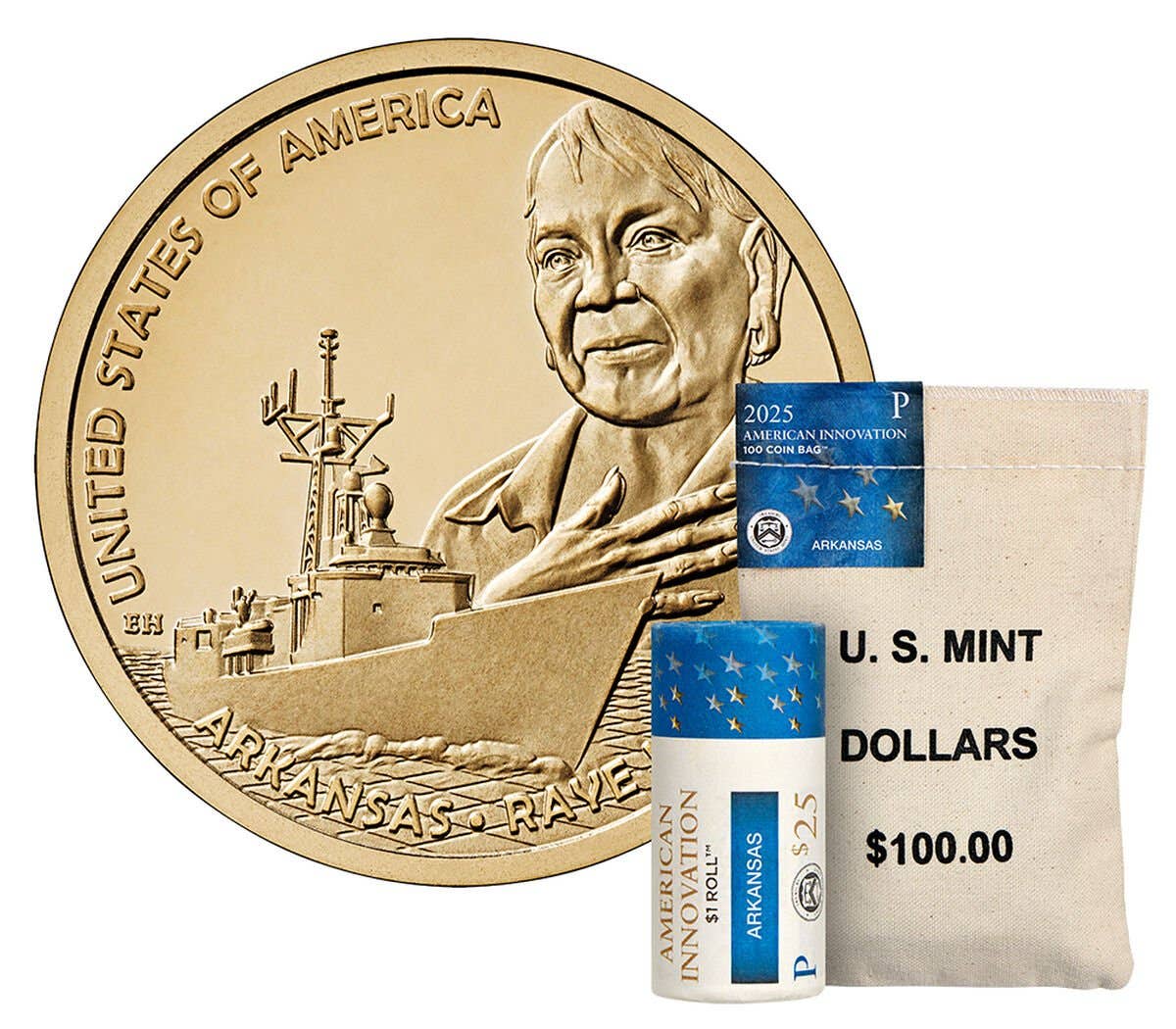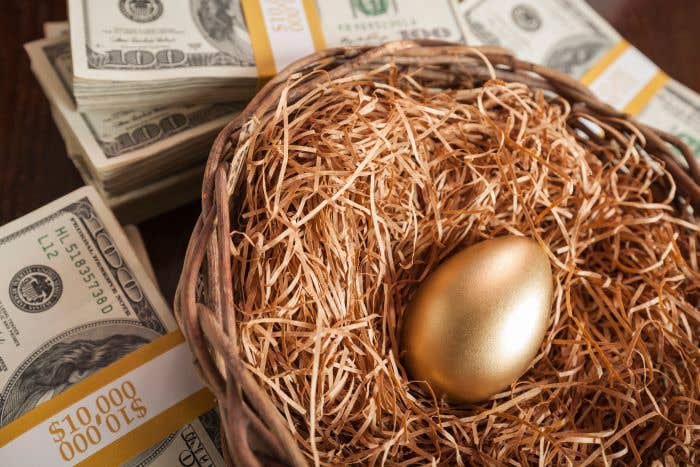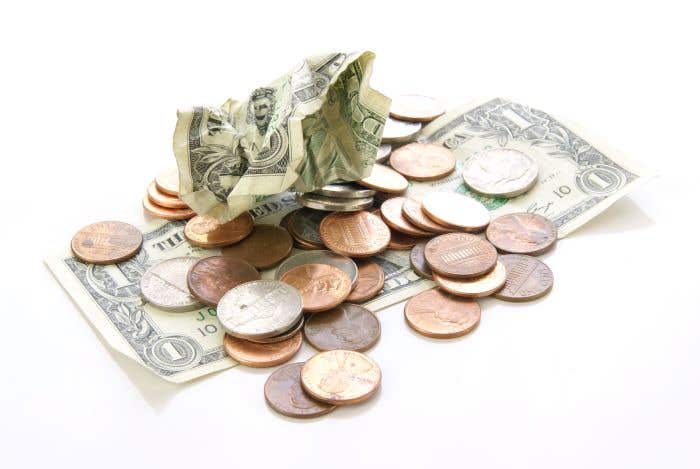Tennessee to Consider Metals Depository
On May 27, Tennessee Governor Bill Lee signed SB 279 into law. The bill creates a commission to study the feasibility of creating a state government gold and precious metals…
On May 27, Tennessee Governor Bill Lee signed SB 279 into law. The bill creates a commission to study the feasibility of creating a state government gold and precious metals bullion depository in that state. The bill had passed both legislative chambers by unanimous votes.
This action follows up on a resolution adopted in 2016 in support of such a depository in Tennessee.
The proposal is similar to the Texas state depository for precious metals, which has been receiving metal since 2018.
As with the Texas depository, it is likely that if such an operation goes into existence, it would be possible for private individuals and businesses to make electronic transfers of deposited metals. This would effectively create competition for the U.S. government by allowing depositors to pay for transactions with precious metals instead of dollars!
Other than the slow pace of progress on this effort, there is another huge obstacle to a successful Tennessee state precious metals depository – that state government has not yet adopted a sales and use tax exemption for precious metals and coins.
Under current sales tax laws, any privately owned precious metals or coins that the owner might want to store in such a depository could only do so after paying sales tax on the purchase. In the highly competitive precious metals trading markets, that would never happen to any great degree. Instead, prospective purchasers would likely store their holdings at depositories in Delaware or any other state that does not collect sales tax on precious metals bullion or coins.
There has been an effort to gain such a sales tax exemption in Tennessee for six years now. The feedback I have heard is that such efforts have stalled because they did not gain support from the governor’s office.
Unfortunately, that means that the different governors did not realize, as has happened in other states that have adopted precious metals bullion, coins, and sometimes currency sales tax exemptions, the result is actually a business development program that results in a net increase in tax collections.
That means that the industry eventually generates more sales tax collections (through higher sales of merchandise still subject to sales tax, through higher payrolls of which a portion is spent on merchandise on which sales tax is collected, and through higher sales-taxable sales by the hospitality industry hosting more and larger coin shows) than the amount of sales tax collections lost from the exemption (which bureaucrats classify as a “tax expenditure”).
Legislation to establish a commission to consider the creation of a precious metals depository does not necessarily mean that it will lead to establishment of such a facility. However, Tennessee residents might want to contact commission members, when they are appointed, to point out that a precondition necessary for a successful depository is that Tennessee adopt a precious metals bullion, coin and possibly even a currency sales tax exemption first. Stay tuned for developments.
Patrick A. Heller was honored as a 2019 FUN Numismatic Ambassador. He is also the recipient of the American Numismatic Association 2018 Glenn Smedley Memorial Service Award, 2017 Exemplary Service Award, 2012 Harry Forman National Dealer of the Year Award and 2008 Presidential Award. Over the years, he has also been honored by the Numismatic Literary Guild (including twice in 2020), Professional Numismatists Guild, Industry Council for Tangible Assets and the Michigan State Numismatic Society. He is the communications officer of Liberty Coin Service in Lansing, Mich., and writes Liberty’s Outlook, a monthly newsletter on rare coins and precious metals subjects. Past newsletter issues can be viewed at www.libertycoinservice.com. Some of his radio commentaries titled “Things You ‘Know’ That Just Aren’t So, And Important News You Need To Know” can be heard at 8:45 a.m. Wednesday and Friday mornings on 1320-AM WILS in Lansing (which streams live and becomes part of the audio archives posted at www.1320wils.com).









